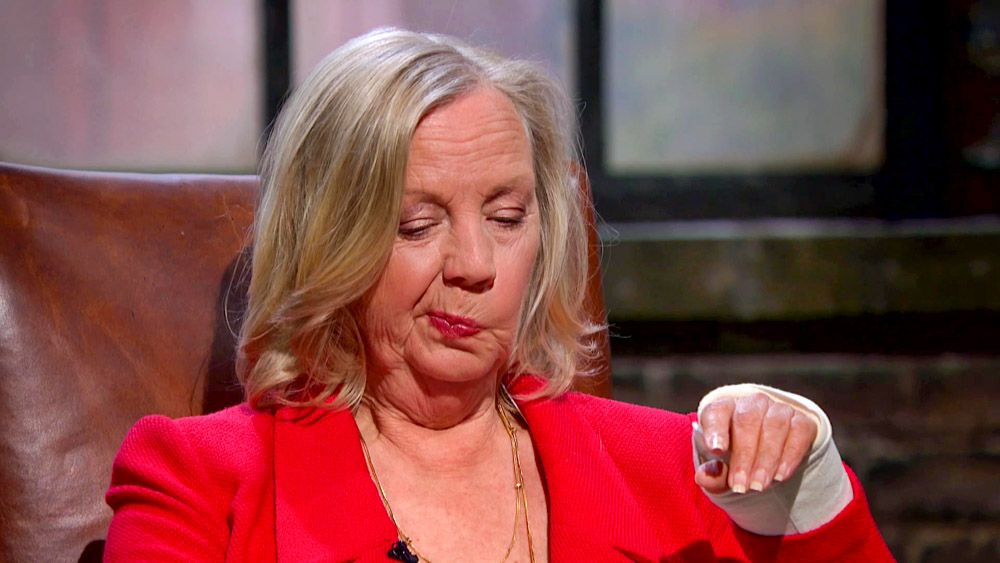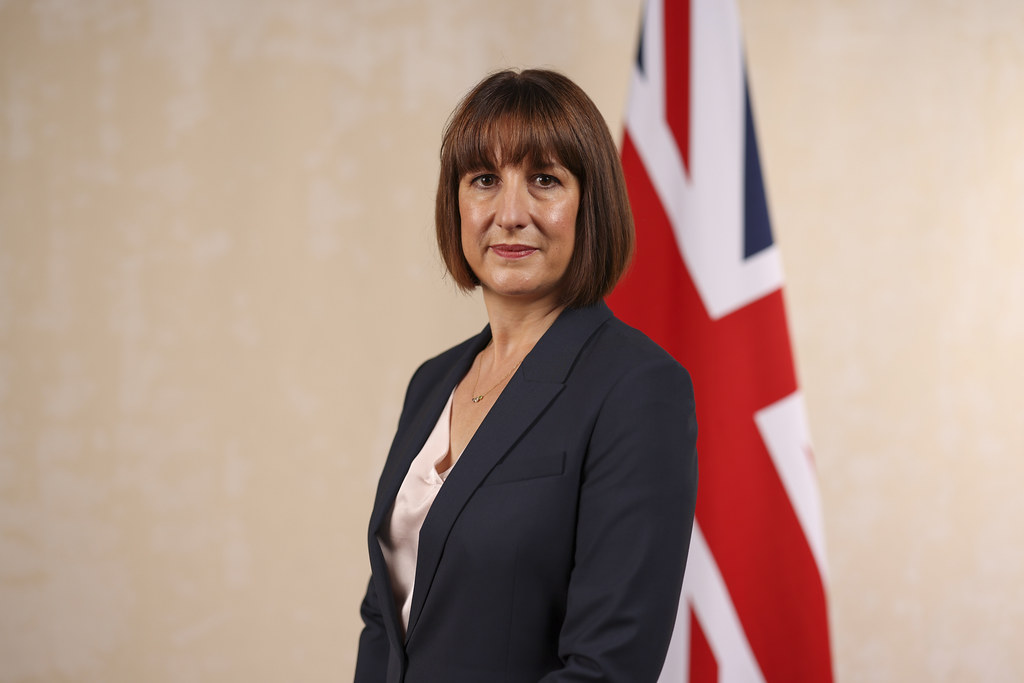Tonight’s fun in the den included toys, games and cheesy half-time snacks but one missed opportunity did leave the dragons wondering if they’d dropped the ball.
First out of the lift were brothers Chris and Mick Knell of Escape Kent, whose claim to fame is being Canterbury’s biggest escape rooms (are there that many others?). The bruvs wanted £100,000 for a 5 per cent share in their pirate-themed escape room adventure, which they saw as a potential global franchise.
Not so fast me hearties, said Peter Jones, who shot a cannonball into the franchise concept from the get-go, while Deborah Meaden – whose background is in running leisure parks – dismissed the escape room craze as a fad which was easily copiable. At this point, Touker Suleyman announced that he was escaping (did you see what he did there?).
“I want to invest in formats of the future, and I don’t believe this is it,” opined Steven Bartlett, who worried about whether the whole thing was Instagram-friendly enough. Honestly, you have to feel sorry for these millennials constantly fretting about feeding the ‘gram.
“I instantly and vehemently disagree with your strategy to franchise,” interrupted Peter Jones, who nevertheless offered all the £100,000 in exchange for a 25 per cent stake, in the end agreeing to divide his pieces of eight with Sara Davies, providing the brothers set sail in a new direction.
Next through the doors flashing her pearly whites was former international tax advisor turned e-commerce tycoon Natalie Quail.
Toothsome Natalie was asking for £50,000 in exchange for a bite-sized 2 per cent stake in her SmileTime teeth whitening business, which had made £846,000 in revenue just in its first 12 months.
“To have built a million-pound business in one year is totally outstanding,” said Sara, flashing her biggest smile.
But Steven Bartlett wanted to drill down into the business model, which basically offers teeth whitening kits cheaper than you’d pay for at the dentist.
“What’s the defensible thing about this business?” he wondered. “What’s its unique value point?”
Peter then bared his teeth by pointing out there was a disconnect between her website address and the brand name. Turns out, she didn’t own her own correct website address and worse, she didn’t know who did.
Both Peter and Deborah quickly gave the teeth-whitening brand the brush off, while Touker got all Linda Evangelista by announcing he wouldn’t get out of bed for 2 per cent. He would, however, like to sink his teeth into 25 per cent of the business.
Steven then trumped Touker’s offer by offering the full £100,000 for just 10 per cent of the business, not 25 per cent.
Would Natalie agree to either dragon taking a much bigger bite than the 2 per cent she originally offered?
Bizarrely, she agreed to Touker and Steven investing £50,000 apiece in exchange for each of them getting a 10 per cent stake. So by having Touker on board, she doubled her loss of equity, while he got a half-price investment. With financial acumen like this, you do wonder about Natalie’s tax advice.
By now it was intermission time for snacks and drinks and Romanian entrepreneurs Alex and Greg handed round their Monarchs pure cheese crisps – when it came to the crunch there were no offers of cash – while another duo, Nick Johnson and Nick Graham, served up their Berczy hard seltzer.
Now, it turns out that hard seltzer – basically fizzy water laced with booze – is a $4bn market in the States and one which the big drinks manufacturers are hoping will catch on over here too. The pair’s plan was basically to ride the slipstream of these bigger drinks brands, creating a market for their own artisanal hard seltzer.
Would any of the dragons be thirsty for this one?
Unfortunately, each of the dragons called time on the pitch, questioning how much drinks industry experience the pair had.
Yet Steven spoke for the room when he wondered if this might be one of those that got away, a bit like other Dragons’ Den rejects which have gone on to make millions such as Trunki and Tangle Teezer.
Last to bounce through the doors were duo Pasquale and Nathan with the musical bouncing ball. The Oddball, Nathan grandly announced, wasn’t so much a children’s toy as “a cultural movement”.
Sorry Nick, a ball which makes a noise when you bounce it is not up there with Bauhaus or the Pre-Raphaelite movement.
Anyway, the pair wanted £100,000 for a 4 per cent stake in the Oddball, which they’d already sold £350,000 worth off direct through their website. Would this be music to the dragons’ ears?
This one failed to bounce for the dragons apart from Deborah Meaden, who always marches to a different tune. Deborah offered all of the money in exchange for 10 per cent of the business.
There was consternation in the den after the pair decided that Deborah hit a bum note, rejecting her mentorship and investment. Whatever you think of their product, you have to admit this pair certainly had balls.





